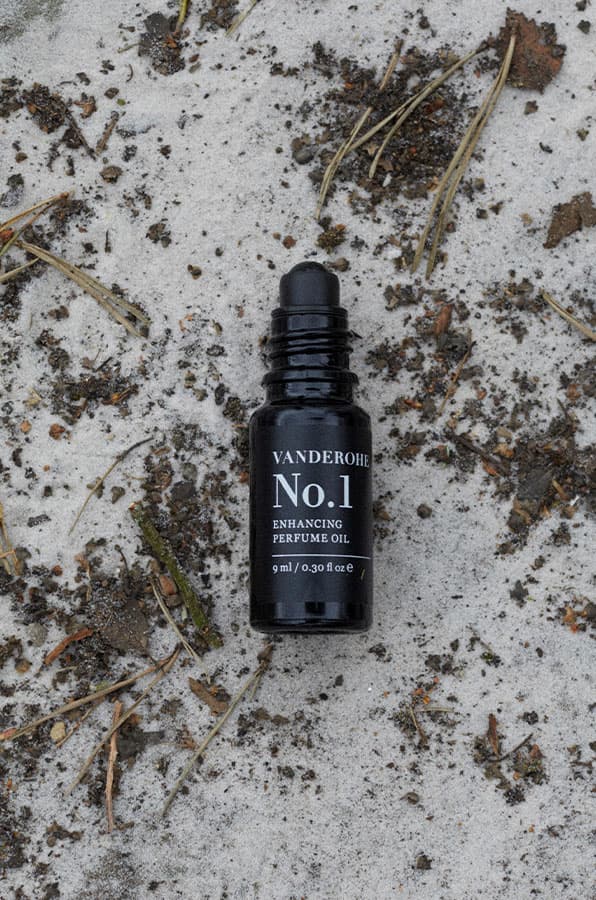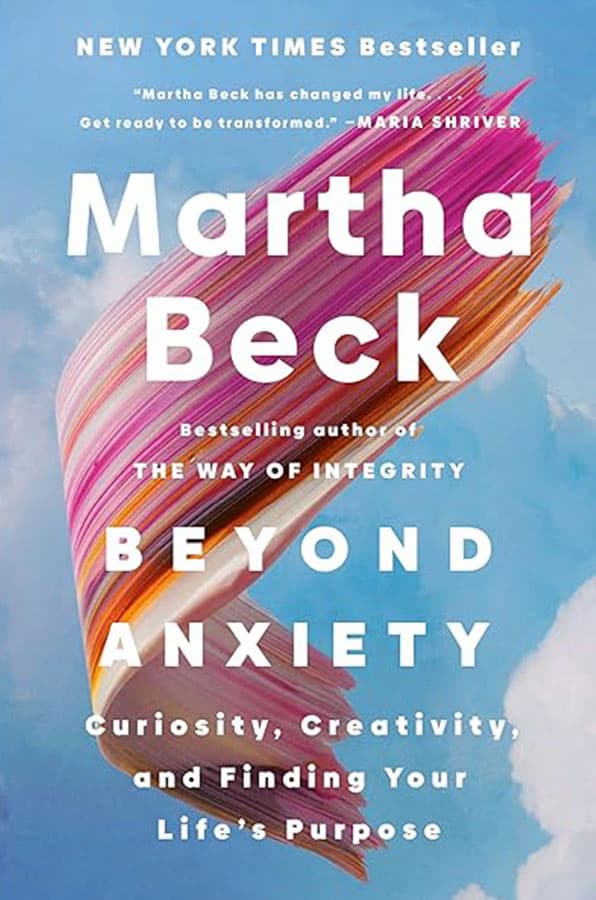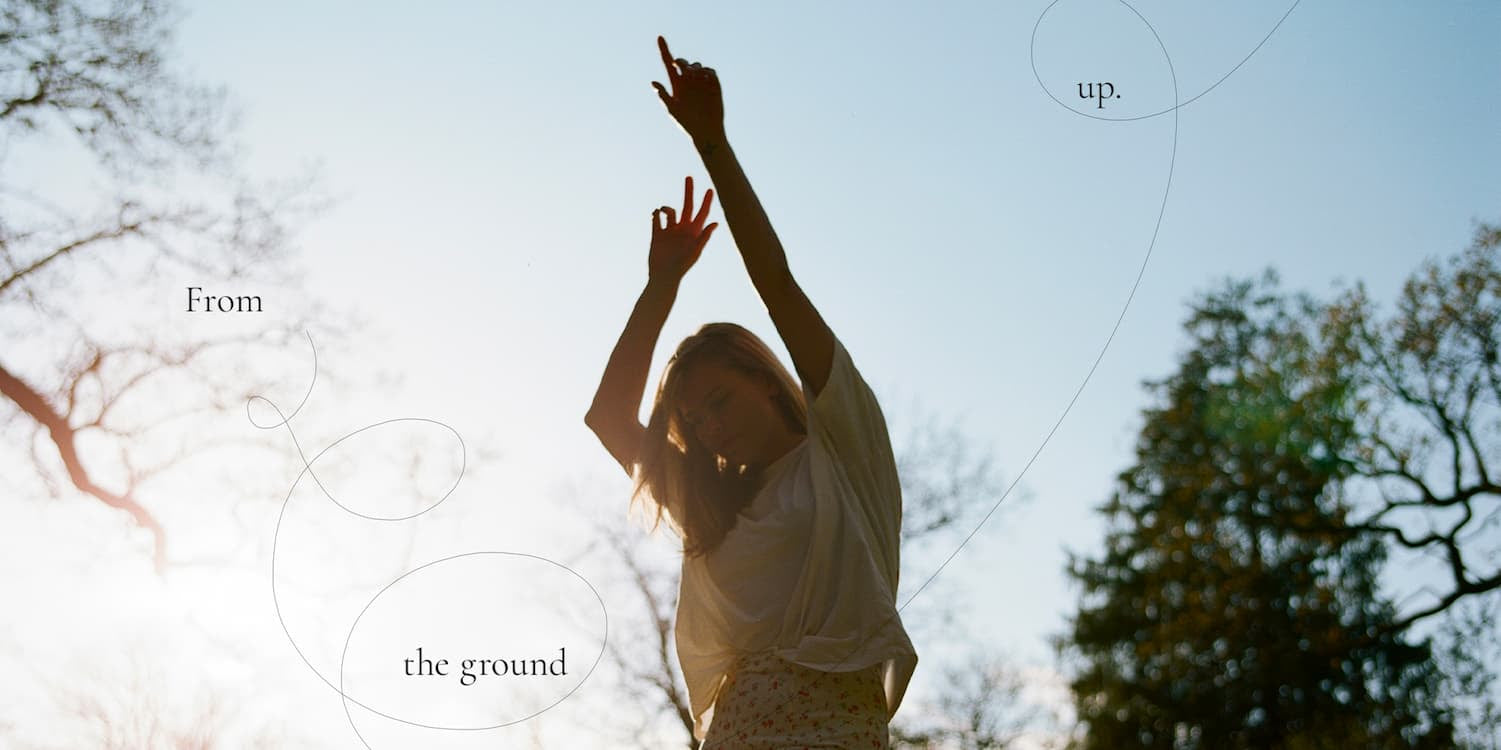While I was walking on Wimbledon Common a few days ago, I noticed a man lying fast asleep on the grass, face turned towards the sky, arms open like he was letting the world hold him. No headphones, no intention — just pure, unguarded sleep. It struck me how effortlessly he had let go and how rare that is for most of us.
In a world wired for striving, rest has been made to feel rebellious. Sleep has become something we have to earn, track, manage or fix. We download sleep apps, adjust light, obsess over temperature — and yet still lie awake.
I often think about how instinctively I resisted the “controlled crying” method when my children were babies. I could never bear to leave them crying in a cot, waiting for comfort. I’d rock them to sleep in my arms first, before gently laying them down. It felt human, primal and right.
Even now, at six years old, my daughter still sometimes climbs into my bed in the middle of the night, and I let her. She curls beside me and falls back to sleep effortlessly. And honestly, when I’m stressed or feeling anxious, her presence soothes me too. There’s something ancient and deeply regulating about sleeping next to someone who feels safe.
Recently, I heard Rich Roll share that he sleeps outside in a tent every night — not for a challenge, but for comfort. That’s his version of primal rest: stars overhead, cool air, surrounded by nature. For Rich, it’s the earth that provides that safety. For me, it’s syncing my breathing to the little human next to me. Both speak to the same need: to tune into an innate, simple sense of comfort that allows us to let go of everything else.
I think the problem we all struggle with now is having too much between us and the stars: too much stimulation, information, urgency. We've been programmed to do and know more; to optimize everything — and we've forgotten how to just...be. This week, I want to explore some simple measures that might help in remembering (as opposed to mastering) how to sleep.
Olivia x

BTS
I’ve been playing with salt this week, exploring how it dissolves, what it can be combined with and its detox benefits before bed. There’s something that feels pure and elemental about salt bathing. I’ve also been wondering whether the same ritual can somehow be adapted for those who prefer a shower.

Roots
At dusk, something quiet happens in the trees — something most of us never notice. Using time-lapse laser scanning, researchers have discovered that many trees gently lower their branches by 8-10 centimetres at night. A kind of exhale, or slow bow to the dark.
Trees respond not to touch or noise, but to light and rhythm. They have their own circadian cycle; the same invisible clock that guides sunflowers to follow the sun tells trees when to rest. Their posture shifts, their energy changes and with very little noise or effort, they surrender to night.
While we often think of sleep as a human function, the truth is that rest is built into the fabric of nature. Many plants close their petals and fold their leaves. Trees let their limbs fall just slightly, like the body softening before bed.
So, as the sun goes down and the light dims, instead ofstaying wired and upright—overriding nature's signal—maybe we should allow ourselves to guiltlessly shut everything down, give in to gravity and obey (or rather, return to) a much deeper and wiser rhythm.

Body
Vetiver is known as the oil of tranquility: it has a deep, earthy and grounding scent and it's been used for centuries to steady the nervous system and support deep, restful sleep. I keep our vetiver-based Perfume Oil beside my bed and I make an effort to remember to roll it onto my wrists before sleep. Some nights, I'll combine it with box breathing for a few minutes: breathe in for four, hold for four, out for four, hold again. It feels like a gentle way to build an automatic "nudge" in my system, so that the scent signal alone reminds my body that it’s time to soften andsurrender.

Long Haul
Over the last few years, magnesium has provided a gentle support for me in managing fatigue, supporting recovery and trying to get a decent night's sleep. I take a long salt bath every evening to ease tension and a daily magnesium glycinate supplement (twice a day, morning and evening) to support deep, restorative rest. I've experimented with magnesium sprays to help with muscle pain and cramping, but I seem to be allergic to the topical magnesium creams/sprays/gels.
There are lots of types of magnesium, but glycinate tends to be best supplement for sleep: it’s well-absorbed, gentle on the stomach, and supports the calming neurotransmitter GABA. Citrate is better for digestion, malate for energy and muscle recovery, threonate for cognitive function, but glycinate is the go-to for sleep.
I'm never quite sure whether there is a true chemical knock-on in my body when I do these things, or whether it's a sort of placebo effect from the ritual, but either way, these two forms of magnesium seem to have helped my body remember how to unwind and let go. And on the tough nights, even the ritual of pouring the salt in my bath feels like a cue to relax.

Mind
To quieten racing thoughts and anxiety at night, I love Beyond Anxiety by Martha Beck — it’s a book I come back to time and again.Martha is a Harvard-trained sociologist and life coach who blends science with spiritual insight and deep compassion. Shereframes anxiety as a sign that something within us is asking for attention, not suppression.The mistake we make sometimes is trying to shut thoughts down, when actually, justunderstanding what they’re trying to say can help us stop a thought-spiral keeping us awake.








